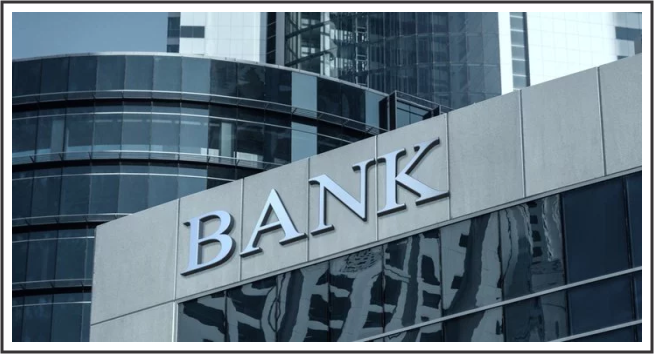BANKING SECTOR FAILING TO RESPOND TO CLIMATE EMERGENCY
- The past five years have seen the creation of financial industry initiatives on sustainability including the Taskforce on Climate-related Financial Disclosures (TCFD), Principles for Responsible Banking (PRB), the Platform for Carbon Accounting Financials (PCAF) and many others
- Yet financing for fossil fuels continues to rise each year, totalling $1.9 trillion from 2016-2018
- Only 60% of banks have developed exclusion or restriction policies for high-carbon sectors and just 16% of banks exclude clients involved in deforestation
- Just 50% of banks engage high-carbon clients on transition strategies and only 12% ask high-carbon sector to adopt TCFD guidelines
A new report from Boston Common Asset Management (BCAM) finds that, despite an explosion of risk assessment tools and green banking industry initiatives in recent years, practical change in the financial sector remains elusive.
Boston Common Asset Management, in partnership with a number of regional partners, engaged 58 of the world’s largest banks, including the likes of HSBC, JP Morgan Chase, BNP Paribas and MUFG. The research identifies some progress in terms of governance, with a majority of banks endorsing the TCFD guidelines (69%), disclosing TCFD governance reforms (71%) and carrying out climate risk assessments (78%).
However, the new research shows these tools are not impacting on decision-making, with 40% of banks failing to develop any new financing or investing exclusions/restrictions as a result of their climate risk assessments.
The result is superficial progress, where over 80% of banks have announced low carbon products and services, but financing for fossil fuels continues to increase each year. The report notes that the green bond industry has grown from just $1 billion in 2009 to over $175 billion in the last decade, but this is dwarfed by investment in fossil fuels, totalling $1.9 trillion from 2016–2018.
Lauren Compere of Boston Common Asset Management said that,
“The scale of the climate crisis demands a more radical transformation of the banking sector. Our findings indicate a systematic reluctance by banks to demand higher standards from high carbon sector clients, despite the fact that doing so could vastly reduce bank risk and accelerate action on climate change.”
The report calls for “a cultural shift within banks from the board all the way down to the front-line manager bringing in new business. This must include a willingness to walk away from clients or to no longer issue new financing once existing obligations are paid off.”
Specifically, the report calls on banks to:
- Adopt a clear strategy for decarbonizing balance sheets, including clear timelines for restrictions and phase-outs of financing for fossil fuels and deforestation
- Set explicit targets to increase the proportion of sustainable finance commitments relative to their overall financing activities, noting that 45% of banks have yet to set any such objectives
- Publicise their definitions of ‘low-carbon’ and ‘green’ investment, noting that some green finance commitments appear to be merely re-allocations or rebranding of existing commitments.
- Integrate public policy on climate into overarching climate strategy, engage trade associations on adopting progressive climate policies, and use the company’s public voice to promote progressive climate policy with governments and regulators.
Vincent Kaufmann, CEO of Ethos, endorsed the findings, saying,
“Financial institutions are increasingly aware of their influence in the energy transition and of the risks climate change poses to their activities. However, policies and transparency should be reinforced to make sure that general corporate loans are not used for sensitive projects that further fuel climate change.”
Laura Gossett, Senior Analyst at SHARE, noted that,
“We were encouraged to see that TD Bank, RBC and CIBC have made sustainable finance commitments in 2019, but it is extremely disappointing that no major Canadian bank has developed exclusion policies for high carbon sectors or requirements for clients to commit to no-deforestation policies.”
Stuart Palmer, Head of Ethics Research at Australian Ethical, said,
“Science based restrictions on thermal coal lending need to extend to oil and gas, as Australia faces the prospect of new unconventional gas projects which are inconsistent with 1.5 degrees. The responsible voice of banks and the industry associations they support is also crucial to promote constructive public discussion of climate issues and action.”

